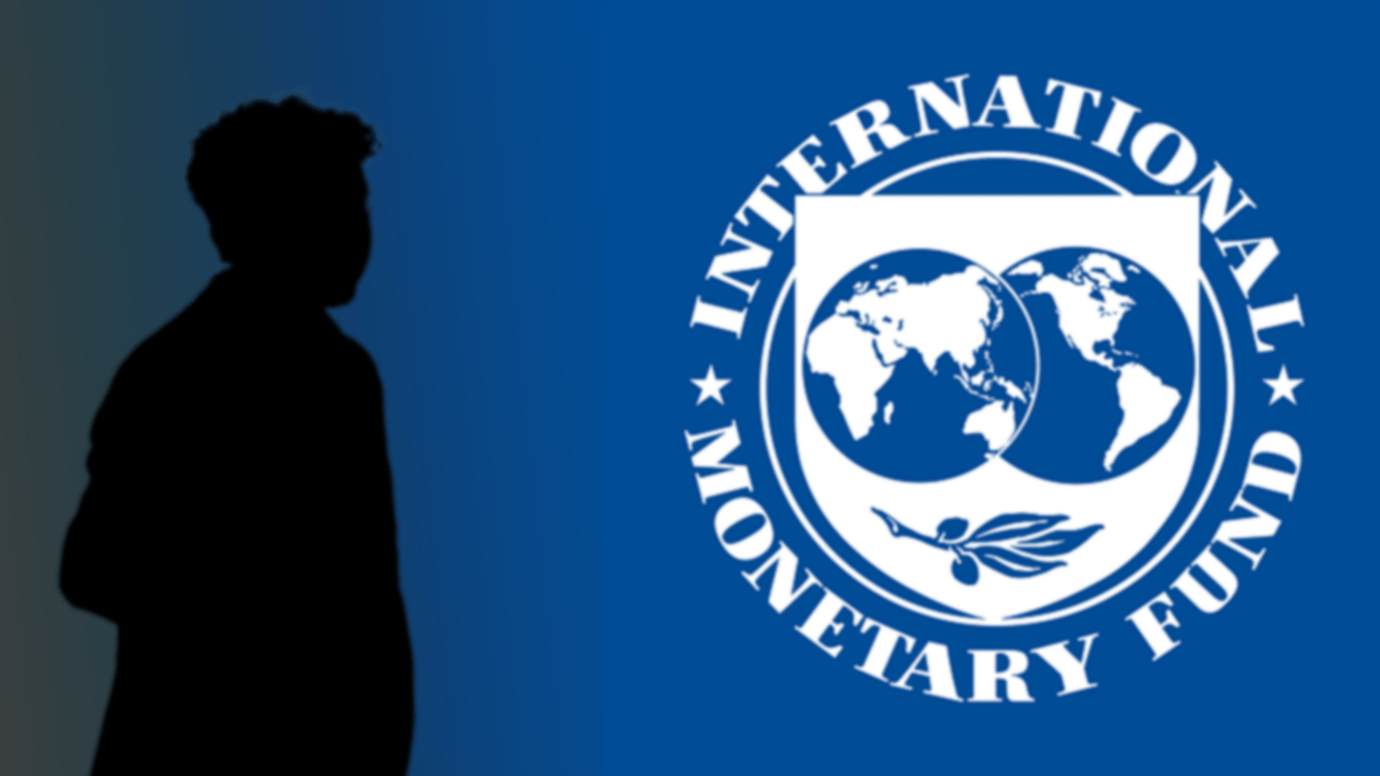
Why Skills-First Leadership Is Replacing the Ivy League Playbook in the C-Suite
The old prestige pyramid—where Ivy League degrees and blue-chip consulting backgrounds paved the way to the CEO seat—is cracking.

October 14, 2022: -Asia’s most significant economic challenges will be increasing debt and capital flight as interest rates continue to grow, the International Monetary Fund has stated.
The warnings are coming to IMF trimmed its global growth predictions in its recent economic outlook this week and warned the recent year would feel such a recession for areas of the world.
“Debt has increased in Asia,” IMF Deputy Director of Asia and Pacific Department Anne-Marie Gulde said on Wednesday.
“First, private sector debt has increased since the global financial crisis, but since Covid, public sector debt has gone up. So anything that moves global interest rates gives additional headwinds for Asian economies.”
“We have seen capital flows surge, going to levels that we previously saw at the taper tantrum. Certainly, anything that further raises interest rates through this channel will impact borrowing costs in Asia.”
“It’s a significant concern that we have.”
The taper tantrum of 2013 came when investors responded to the U.S. Federal Reserve’s thoughts to ease quantitative easing by selling off bonds quickly, which triggered a price plunge.
The IMF gave a warning that debt distress was prevalent in countries in Asia, and those with currencies that depreciate against a stronger U.S. dollar could suffer a more profound cost-of-living crisis. For example, the U.S. dollar is hovering close to a 24-year high against the yen.
Source: International Monetary Fund *Advanced Asia economies refer to Australia, Hong Kong, Macao, Japan, Singapore, South Korea, Taiwan, and New Zealand.
The IMF thinks that global growth will slow to 2.7% in 2023, that’s 0.2 percentage points lower than its July forecast.
In Asia, it cut growth projections for China to 4.4%, down 0.2 percentage points from July’s forecasts. The fund trimmed growth numbers for the ASEAN-5 group of Indonesia, Malaysia, Philippines, Thailand, and Vietnam by a similar amount to 4.9%.

The old prestige pyramid—where Ivy League degrees and blue-chip consulting backgrounds paved the way to the CEO seat—is cracking.

Loud leaders once ruled the boardroom. Charisma was currency. Big talk drove big valuations.

But the CEOs who make history in downturns aren’t the ones with the deepest cuts

Companies invest millions in leadership development, yet many of their best executives leave within a few years. Why?

The most successful business leaders don’t just identify gaps in the market; they anticipate future needs before anyone else.

With technological advancements, shifting consumer expectations, and global interconnectedness, the role of business leaders

Following a distinguished Law Enforcement career Joe McGee founded The Securitatem Group to provide contemporary global operational specialist security and specialist security training products and services for private clients, corporate organisations, and Government bodies. They deliver a wide range of services, including complete end-to-end protection packages, close protection, residential security, protection drivers, and online and physical installations. They provide covert and overt investigations and specialist surveillance services with a Broad range of weapons and tactical-based training, including conflict management, risk and threat management, tactical training, tactical medicine, and command and control training.

Jay Wright, CEO and Co-Owner of Virgin Wines infectious energy, enthusiasm, passion and drive has been instrumental in creating an environment that encourages talent to thrive and a culture that puts the customer at the very heart of every decision-making process.

Fabio de Concilio is the visionary CEO & Chairman of the Board at Farmacosmo, a leading organization dedicated to mental health and community support services. With a deep commitment to identifying and meeting customer needs, Fabio ensures that high standards are maintained across the board.

Character Determines Destiny – so said Aristotle. And David CM Carter believes that more than anything else. For David, it has been numerous years of research into codifying Entelechy Academy’s 54 character qualities that underpin everything he stands for as a leader and teacher.


Leave us a message
Subscribe
Fill the form our team will contact you
Advertise with us
Fill the form our team will contact you